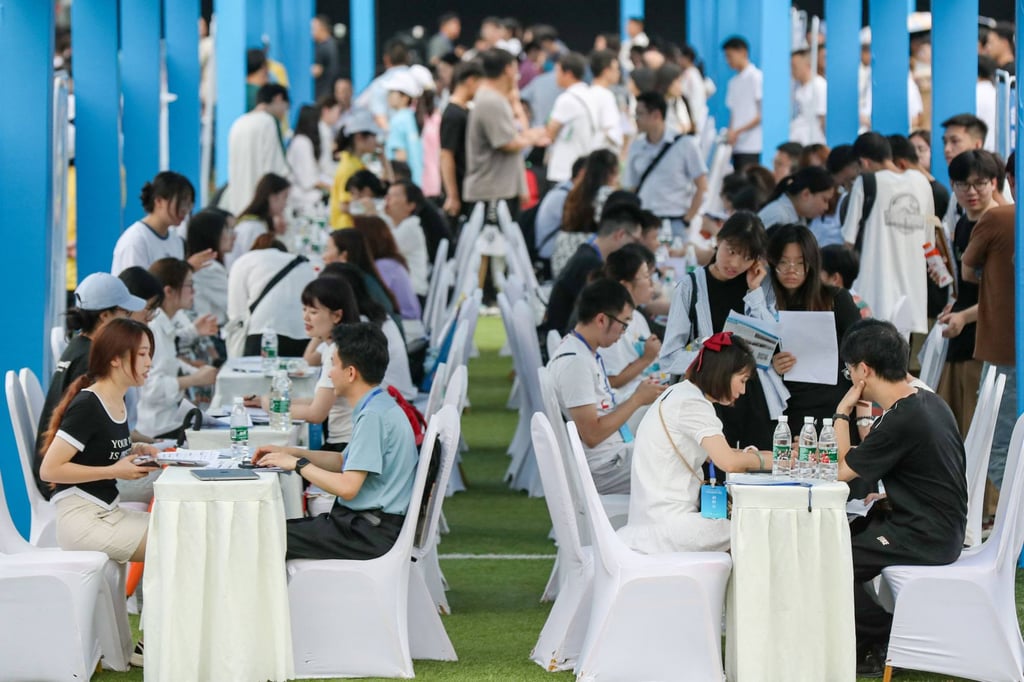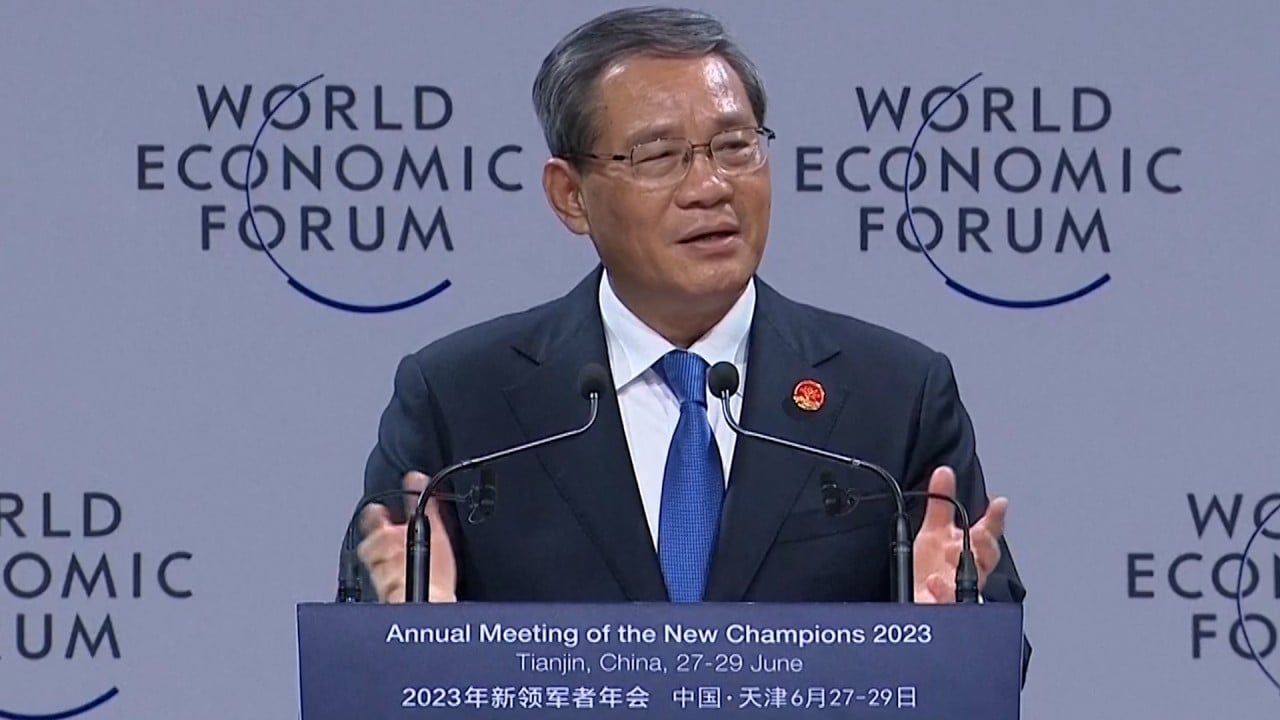Opinion | Why China should maintain open and inclusive debate about its economy
- Open and candid exchanges about the national economy have helped authorities pinpoint problems and find quick solutions
- But the silencing of prominent financial writer Wu Xiaobo could put a dent in those lively debates and erode public confidence

Debates about the Chinese economy have always been lively. While Beijing has set many red lines for discussions about the country’s political system and ideology, discourse relating to economic affairs has been open and inclusive.
Chinese economists are generally not shy about sharing their views on the nation’s economic health and offering advice on what authorities should do. There have been countless seminars, symposia and conferences in places like Beijing and Shanghai focused on China’s economic prospects, challenges and strategies, and these discussions have often been open to the public.
Meanwhile, Beijing has encouraged the expression of different opinions about its economic policies and welcomed input from “non-official” researchers. It has become a routine for the Chinese premier to listen to economists at foreign investment banks, and senior government officials are often happy to join debates as “common scholars” in venues such as the Economists 50 Forum, a Beijing-based club.
The open and candid exchanges have helped authorities find the right balance. For instance, officials were quick to roll out a massive fiscal stimulus in 2008 to help its economy amid a global financial crisis, but the country was also honest in acknowledging its debt hangover and other problems stemming from that effort.
As for the general public, they have the chance to learn in a free market of economic ideas and make their own financial choices, such as whether it is time to buy a flat.
A number of opinion leaders have emerged from these active debates: some of them gained popularity for their sensational comments, while others won followers for their honest assessments of the economy and their ability to explain complicated issues in plain language.
But there are signs that the situation may change, as apolitical economic issues are increasingly being perceived through a political lens. In an unhealthy change, chest-thumping about the unstoppable rise of the Chinese economy is hailed as “positive energy”, while critical analyses over specific problems are sometimes discouraged because they are seen as “painting a bleak picture” or “spreading fear and panic”.


